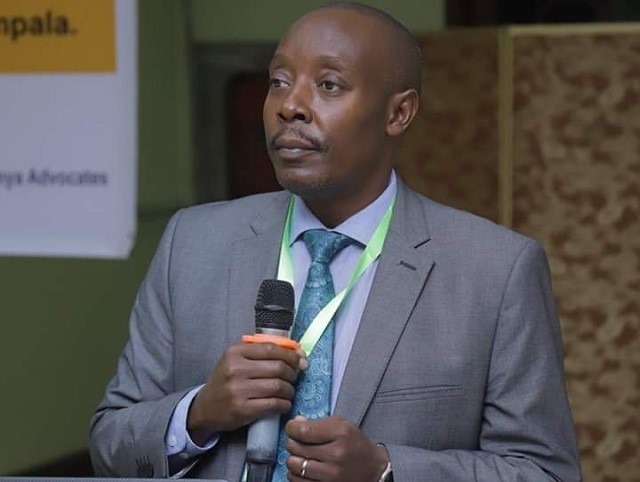Uganda’s Permanent Secretary in the Ministry of Energy Robert Kasande has confirmed that the second extension of bids for the country’s second oil licensing round expired in September without any new expressions of interest received from oil companies.
Uganda had invited companies in March to explore five new blocks on offer in the Albertine Graben, and the ministry is set to proceed with licensing.
Kasande blames the low number on the prevailing conditions in the global economy which despite six months of extension hasn’t increased applications.
Curtailed air travel and collapse in crude oil prices are also to blame. Now the industry projects the lowest upstream activity globally, with a large count of rig decline.
Globally, the number of drilled wells has fallen from 71,946 in 2019 to 55,350 currently this year according to data from Rystad Energy.
The research firm also paints a gloomy picture for the future, projecting further declines in oil drilling due to low crude oil prices, reduced air transport activity and renewed consciousness regarding climate change and environmental protections.
Uganda launched its second licensing round for five blocks in the oil-rich Albertine Graben during the May 8-10 2019 East African Petroleum Conference and Exhibition in Mombasa, Kenya.
The five blocks up for grabs are Block01 (Avivi) covering 1,026 square kilometres; Block02 (Omuka) covering 750 square kilometres, Block03 (Kasuruban) which stretches 1,285 square kilometres, Block04 (Turaco) that covers 637 square kilometres and Block05 (Ngaji) covering 1230 square kilometres.
The landlocked East African country eyes more upstream exploration in a bid to strike more oil and increase its reserves beyond the 6.5 billion barrels of oil that it discovered in 2006, of which an estimated 1.4 – 1.7 billion are recoverable.
Uganda’s first competitive licensing round in 2017 did not attract global oil majors, instead 17 small oil firms put in bids which culminated in only two firms being picked, with Nigeria’s Oranto Petroleum taking the Ngassa oil Block, while Australia’s Armour Energy Ltd was awarded the licence for Kanywataba Block.
So far, Uganda has awarded nine production licences: Kingfisher field to China National Offshore Oil Corporation in 2012; Mputa-Nzizi-Waraga, Kasemene-Wahrindi, Kigogole-Ngara, Ngege fields to Tullow Uganda in 2016 and Ngiri, Jobi-Rii and Gunya fields to Total E&P Uganda in 2016.
The recent deal between Uganda and Total for the East African Crude Oil Pipeline is expected to unlock investment decisions for upstream and midstream developments, with first oil expected in 2024, Total E&P Uganda general manager Pierre Jessua says.

